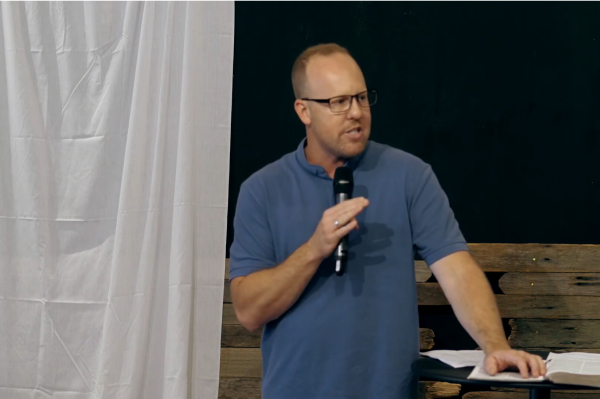What Is the Future of Democracy and Religious Freedom in Egypt?
The massive riots that broke out in Cairo, Egypt, Sunday evening following a Coptic Christian protest have raised concerns about the future of both democracy and minority rights in the troubled country.
Christians gathered Sunday to protest against a church attack that occurred last week. The peaceful protest quickly turned violent, with at least 26 killed and more than 200 people injured.
Coptic Christians comprise 10 percent of the Egyptian population. Many took part in the protests earlier this year to oust former leader Hosni Mubarak, with the hope of a democratic Egypt that would provide protection for their minority group.
Commentators have noted that the situation in Egypt is quite volatile, particularly for Copts, as strong Islamists have increasingly gained power within the ruling Supreme Council of the Armed Forces.
Also, clashes between Muslims and Christians, although long-standing, have increased since the ousting of Mubarak last February.
With escalating violence in the country and protests being smashed by government forces, Copts and political activists, hoping for a democratic Egypt, are increasingly concerned about their future and the country's prospects for political change.
Prime Minister Essam Sharaf appeared to dismiss the concerns following Sunday’s violence, saying via his Facebook page, “The only beneficiary of these events and acts of violence are the enemies of the January revolution and the enemies of the Egyptian people, both Muslim and Christian.”
He also told state television that what was witnessed Sunday was not “sectarian tension” but rather “an escalating plan for the fall and fragmentation of the state.”
Nevertheless, CNN reported that there is now a growing concern among political activists that “any form of political activity, particularly demonstrations, that target the regime will be met by the kind of force used Sunday evening.”
Since Sunday’s violence, Sharaf has vowed to ban all discrimination in Egypt based on religion, language, gender or ethnicity.
However, not all citizens believe Sharaf’s promises are genuine. Many citizens, not only Copts, are worried that the country is not heading in the direction of democracy.
One Coptic man told CNN that the current ruling military is more than happy to allow “millions of Muslim fundamentalists to occupy Tahrir Square every Friday and cooperate with them in doing so.”
He added, “But when it comes to people who criticize – Copts, Muslims, secular people – the military, they use their guns.”
Political analysts are concerned as well. A reporter for The Economist wrote about Egypt and its democratic prospects days before Sunday’s protest, saying, “Eight months on, the most populous and influential Arab country risks running adrift.”
The reporter added, “It is vital, not just for the country’s 85 million people but for the Arab world, that Egypt becomes a model of change.”
Egypt currently has elections scheduled for November. Thus, the prospects for democracy are in the country will remain in limbo until it is certain that free and fair elections will be able occur.
The United States is hoping that Egypt will not allow the Sunday’s violence to stand in the way of a much-needed democratic transition.
White House spokesman Jay Carney said in a statement regarding the bloody protest, “These tragic events should not stand in the way of timely elections and a continued transition to democracy that is peaceful, just and inclusive.”
However, many fear that the military reaction to the Coptic protest Sunday signals that Egypt's leading entity might ultimately be unwilling to accept dissent, and thus democracy.





















